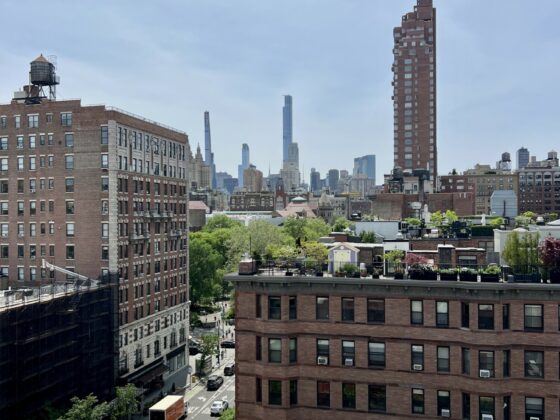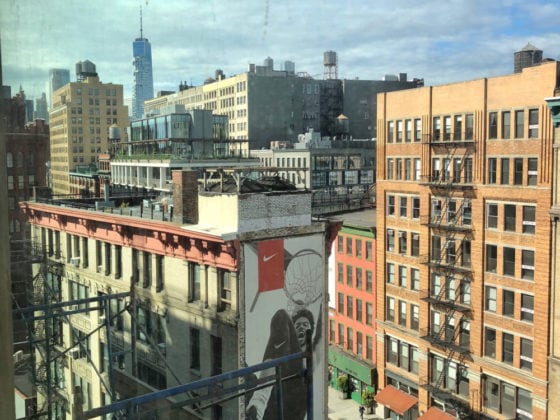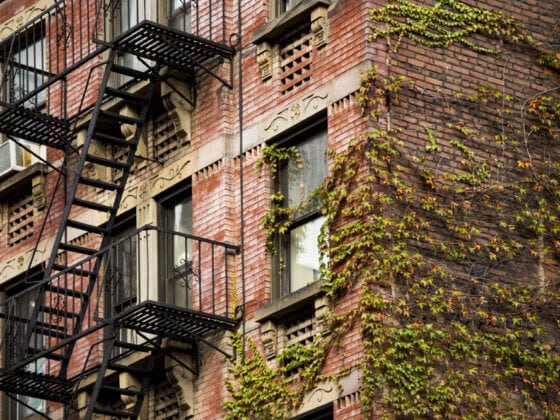Table of Contents Show
The pages of history are laden with narratives of economic ebbs and flows, and the housing market is no stranger to the tumultuous tides of volatility. Over time, the United States has witnessed several housing market crashes, each leaving an indelible mark on the real estate and finance landscape. As we journey through the corridors of the past, we uncover the enigmatic forces that triggered a housing market crash, dissect their repercussions, and glean invaluable insights to navigate the intricate world of housing markets.
The Anatomy of a Housing Market CrashThe Anatomy of a Housing Market Crash
A housing market crash, at its core, is a disheartening spectacle where the equilibrium between supply and demand in the real estate sector crumbles, precipitating a rapid decline in property values. This descent is often intertwined with broader economic upheavals, echoing the intricate interplay between housing and the macroeconomic realm. Here’s a closer look at the culprits that have historically spurred these unsettling episodes:
Speculative Fervor and OvervaluationSpeculative Fervor and Overvaluation
In the throes of euphoria, a climate of speculative frenzy can envelop the housing market. As demand soars, driven by unwavering optimism and an expectation of unceasing price appreciation, prices spiral to unsustainable heights. This unchecked exuberance births a housing bubble, wherein valuations disconnect from the intrinsic worth of properties. Ultimately, this bubble bursts, giving rise to a market crash as prices plummet to earth.
Financial Crisis and Economic DownturnFinancial Crisis and Economic Downturn
The symphony of housing market crashes often harmonizes with broader economic meltdowns. Financial crises, triggered by events like the stock market crash of 1929 or the subprime mortgage debacle of 2008, ricochet through the economy, sowing unemployment, reducing consumer spending, and evaporating investor confidence. In such turbulent times, the housing market is a casualty of economic retrenchment, leading to waning demand, foreclosures, and plummeting property values.
Interest Rates and Mortgage MeltdownInterest Rates and Mortgage Meltdown
The pendulum of interest rates can swing with profound implications for the housing market. When interest rates soar, borrowing becomes costlier, dampening the enthusiasm of prospective homebuyers. An environment of high rates can stifle demand, triggering a domino effect where sellers, confronted with dwindling interest, are forced to lower prices. This cascading phenomenon can pave the way for a housing market crash.
Regulatory Laxity and Financial InnovationsRegulatory Laxity and Financial Innovations
Historically, periods of regulatory leniency and financial innovations have bred fertile ground for housing market crashes. The roaring ’20s witnessed a laissez-faire approach that enabled rampant speculation and risky lending practices. Similarly, the proliferation of complex financial products, such as collateralized debt obligations (CDOs), was pivotal in the 2008 crisis. When such innovations unravel, they can amplify the impact of market downturns.
Consequences Echoing Through TimeConsequences Echoing Through Time
The repercussions of the housing market crash echo across generations, leaving profound consequences in their wake. Foreclosures cascade like dominos, homeowners face financial ruin, and dreams of homeownership crumble amidst the debris of economic turmoil. The ripples extend beyond individual households, impacting communities, banks, and the broader economy. Amidst the ashes of devastation, lessons emerge, guiding policymakers and investors to fortify safeguards and recalibrate strategies.
Navigating the Terrain: Insights and ConsiderationsNavigating the Terrain: Insights and Considerations
As the specter of a housing market crash looms on the horizon, pragmatic considerations emerge to guide the way forward:
- Vigilance in Valuations Exercise due diligence in assessing property valuations. Avoid succumbing to the allure of overinflated prices driven by speculative fervor. A measured approach rooted in sound financial analysis can shield you from the pitfalls of a housing bubble.
- Financial Resilience Cultivate financial resilience to weather economic storms. A robust emergency fund and a clear understanding of mortgage obligations buffer against unforeseen downturns.
- Diversified Investments Diversification extends beyond the realm of stocks. Cultivate a diversified investment portfolio that hedges against the vulnerabilities of a singular asset class, such as real estate.
- Prudent Borrowing When borrowing, exercise prudence. Consider your ability to manage mortgage payments even in the face of rising interest rates. A conservative approach to lending can insulate you from the shocks of market fluctuations.
- Regulatory Awareness Stay attuned to regulatory changes and financial innovations. An awareness of evolving market dynamics empowers you to make informed decisions and navigate shifting landscapes.
Housing Market Crashes in US HistoryHousing Market Crashes in US History
The Great Depression (1929-1933)The Great Depression (1929-1933)
The cataclysmic stock market crash 1929 precipitated a maelstrom of economic turmoil, casting a long shadow over the housing market. Housing values plummeted by an estimated 35%, inflicting pain even on affluent enclaves like Manhattan. The aftermath paved the way for establishing the Federal Housing Administration and its mission to provide accessible loans to low-income Americans.
The Savings and Loan Crisis (1980s-1990s)The Savings and Loan Crisis (1980s-1990s)
A confluence of factors, including high inflation, rising interest rates, and risky lending practices, culminated in the Savings and Loan Crisis. This crisis led to the collapse of over 1,000 savings and loan institutions, triggering a downturn in the housing market marked by plummeting property values and a surge in foreclosures.
The Subprime Mortgage Crisis (2007-2008)The Subprime Mortgage Crisis (2007-2008)
A housing bubble inflated by subprime lending practices imploded with devastating consequences. As homeowners defaulted on subprime mortgages, foreclosures skyrocketed, dragging down housing prices and inducing a financial crisis that rippled through the global economy.
Charting a Course Amidst UncertaintyCharting a Course Amidst Uncertainty
The canvas of history is a repository of invaluable insights. While housing market crashes have left scars, they also bestow wisdom to those who heed their lessons. Armed with an understanding of the forces at play, a vigilant approach to valuations, and a diversified financial strategy, you journey to navigate the complex realm of housing markets. In the tapestry of uncertainty, your endeavors are guided by the wisdom of the past, shaping a future fortified against the turbulent tides of economic volatility.






